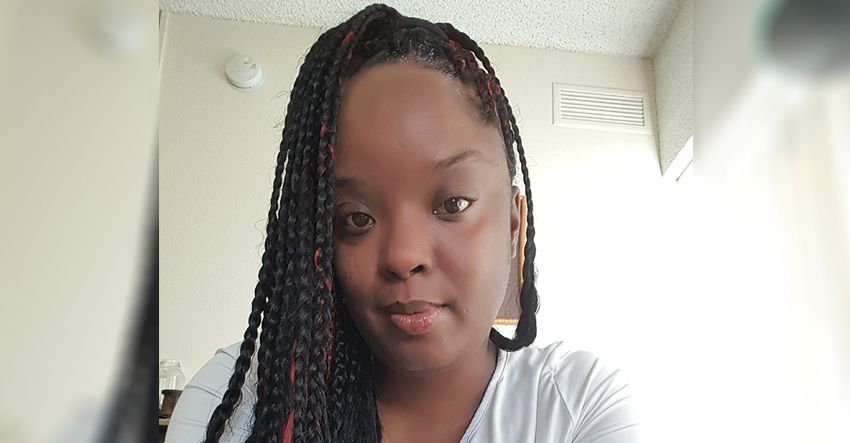Caregiving for Veterans | Right at Home Glendale and Burbank

20 years ago, Tamisha Taylor’s grandmother encouraged her to become certified as a nursing assistant (CNA) and pursue a career in professional caregiving. Little did Tamisha know that advice would shape her professional career.
“I was 17 years old when I began caring for my grandmother. It was one of her last wishes at the end of life, I found it very hard to refuse,” Tamisha says. A decade later, she joined Right at Home in 2011 to provide in home care and assistance to seniors and disabled adults in Beverly Hills, California; many of whom, are veterans who had served the country.

“Caring for others really does something for me. I love making other people happy and really can’t imagine doing anything else.”
— Tamisha Taylor, CNA
Sensitive Care for Veterans with PTSD
“They (veterans) have risked their lives for our country. It makes me happy to step in to take care of them now,” Tamisha says. Over the course of seven years with Right at Home, Tamisha has served a total of five veterans, and she continues to care for four of them. With experience comes insight, Tamisha is aware that her veteran clients face some unique challenges.
Pew Research Center reported in 2017 that Gulf War-era veterans and the Vietnam-era veterans now account for 13.9 million, or 66% of the total American veteran population. Research indicates that many of these veterans face post-traumatic stress disorder (PTSD) post-war.
PTSD symptoms can manifest in different ways, including:
● Re-experiencing — flashbacks, nightmare and frightening thoughts
● Avoidance — Staying away from people, places or objects that trigger bad memories, or avoiding thoughts and feelings about the experience
● Arousal and reactivity — Being easily startled, feeling tense or “on edge,” difficulty sleeping, and outbursts of anger
● Cognition and mood —lack of memory about the triggering event, negative thoughts about yourself or the world, misplaced feelings of guilt or blame, and loss of interest in enjoyable activities.
And Tamisha has witnessed how PTSD tormented her WWII veteran grandfather. “Watching someone in the throes of it can be really scary,” Tamisha says. Without formal training in psychology, her strategy is to stay calm and help alleviate the stress. She also thinks that it’s important for the caregivers to remove themselves from the situation when a PTSD episode intensified.
One of her clients, a Vietnam veteran, is prone to experiencing flashbacks. In his sleep, nightmares would trigger him to shout and make noises that sound like gunfire. Whenever he has an episode, Tamisha will delicately approach him as she is not sure how receptive the client might be. “I try to find ways to take his mind off of what he’s re-experiencing, like talking about his favorite subjects to redirect him.”
With compassion, Tamisha tries her best to bring comfort to her clients; “I never once say, ‘I know how you feel,’ because the truth is that I do not. So I show up with patience and compassion.”



